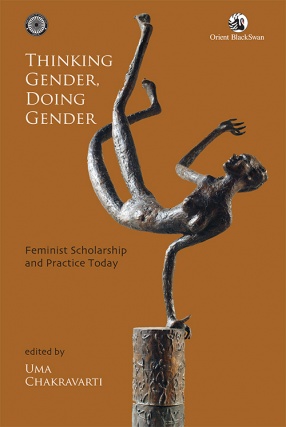This book examines the relationship of Buddhism to its locus, the expanding agrarian economy of the Ganga valley during the period 600-300 BC. It outlines the contours of the major social and economic groups that were the dramatic personae in this dynamic process, especially the gahapati, whose entrepreneurial role in the economy has not received the attention it deserves. The work explores the emergence of sharp differentiation between those in control of the means of production, who dominated the agrarian scene, and those marginalized groups whose labour was essential to the expanding economy but who remained vulnerable, being excluded from both economic and social power. It also examines the changing political environment and the gradual collapse of the gana-sanghas in the face of the expanding monarchical formations of the Ganga valley. Buddhism’s complex response to this changing economic, social and political context is the central concern of this book. It argues that Buddhism responded in a dialectical manner to the economy, society and power, conceptualizing in a more humane, if not ‘radical’, way the direction in which a changing society could re-order social and political relations.
Fault Lines of History
$53.10
$59.00








There are no reviews yet.